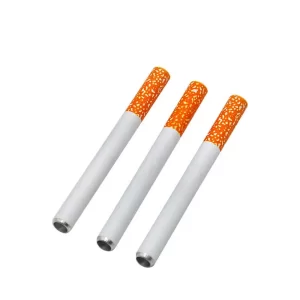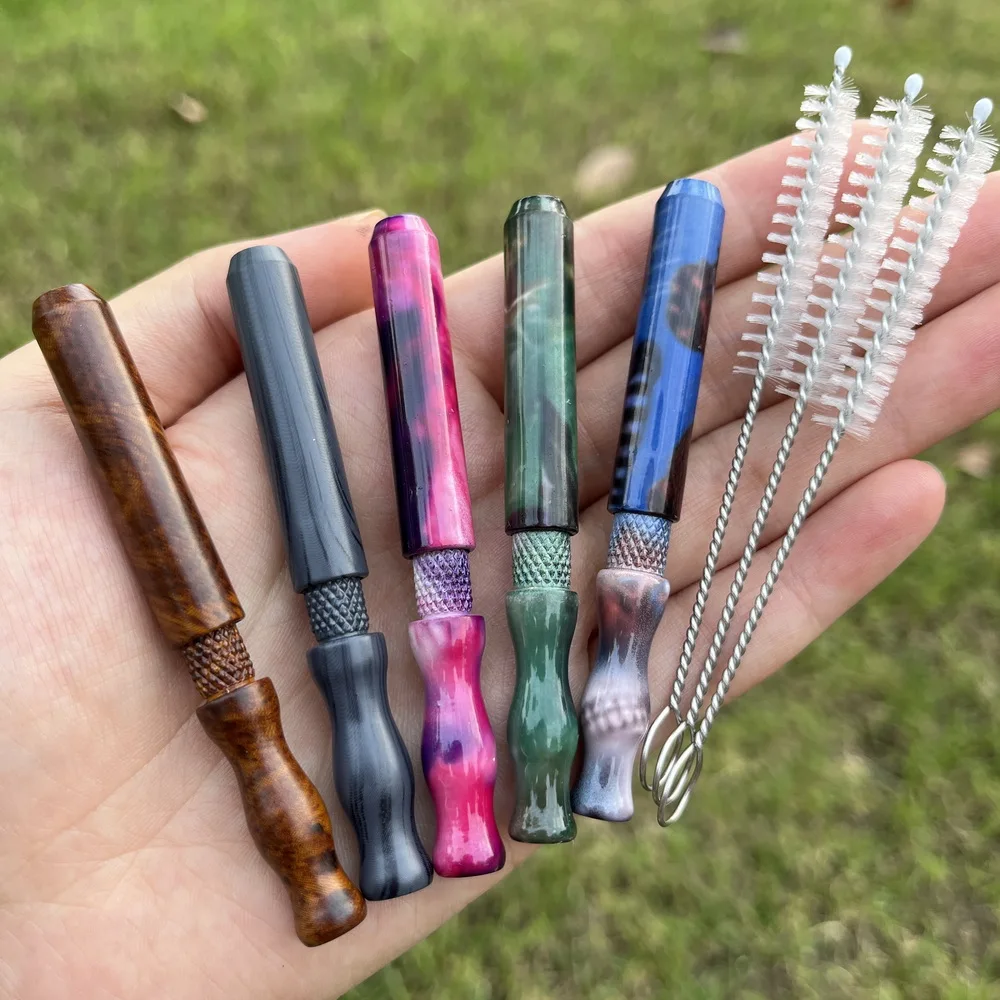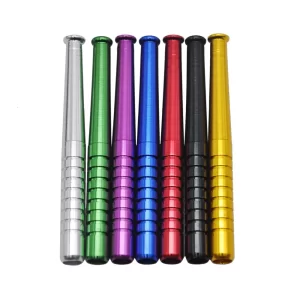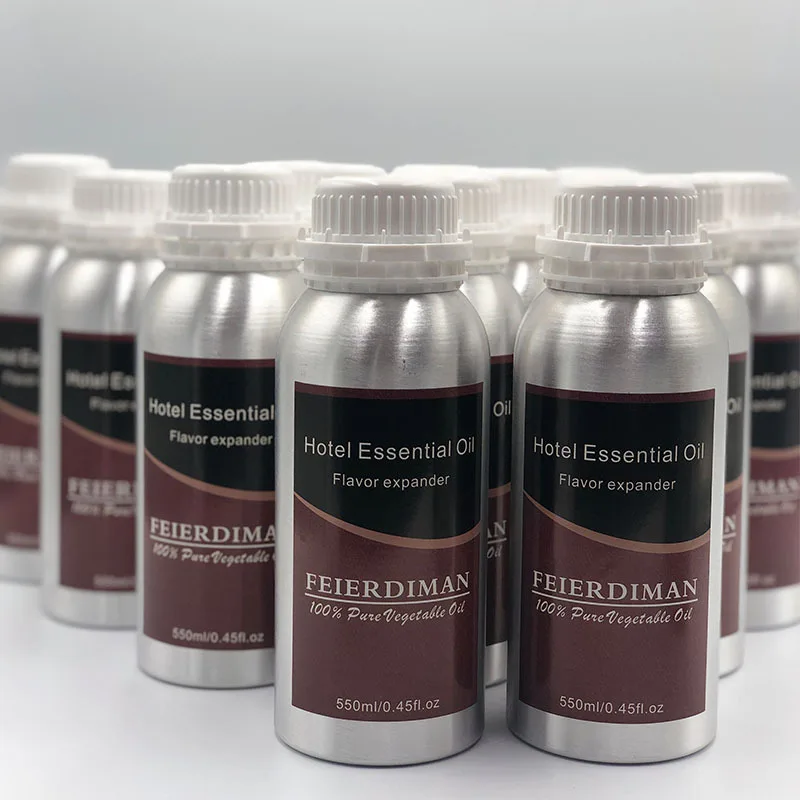The U.S. Supreme Court has agreed to hear a case on the constitutionality of a federal law prohibiting people who use marijuana or other drugs from buying or possessing firearms. The Trump administration has argued that the policy “targets a category of persons who pose a clear danger of misusing firearm” and should be upheld.
After several years of conflicting lower court rulings on related cases, justices on Monday granted cert in U.S. v. Hemani to settle the question of whether the ban—known as Section 922(g)(3)—is consistent with the Second Amendment.
While the court on Monday also declined to take up a separate case on cannabis consumers’ gun rights, there are still several others pending a decision from the justices. But the choice to take up Hemani in particular is likely welcome news to the Justice Department, which has consistently defended the firearm prohibition and specifically requested that SCOTUS review that case instead of alternatives.
That could be related to the fact that the defendant is not only a marijuana consumer but also a user of cocaine who’s sold drugs in the past, so it’s possible DOJ reasoned that he is a less sympathetic face for the issue. Defendants in the other cases were merely found in possession of both a firearm and marijuana.
In June, U.S. Solicitor General D. John Sauer, an appointee of President Donald Trump, submitted a filing with the Supreme Court that said “Section 922(g)(3) complies with the Second Amendment,” and the statute “targets a category of persons who pose a clear danger of misusing firearms: habitual users of unlawful drugs.”
The law “bars their possession of firearms only temporarily and leaves it within their power to lift the restriction at any time; anyone who stops habitually using illegal drugs can resume possessing firearms,” Sauer said.
Notably, while the government mentions “habitual” users of illegal drugs 40 times in its filing, that word does not itself appear in 922(g)(3). The language of the statute prohibits anyone “who is an unlawful user of or addicted to any controlled substance” from purchasing or possessing firearms or ammunition.
In a separate August filing for the case, the Justice Department also emphasized that “the question presented is the subject of a multi-sided and growing circuit conflict.”
Now that the Supreme Court has agreed to take up Hemani, if justices declare 922(g)(3) constitutional, such a ruling could mean the government wins in the remaining cases. The high court on Monday denied a petition for cert in U.S. v. Cooper, while leaving pending decisions on U.S. v. Daniels and U.S. v. Sam. The justices were scheduled to discuss all of the cases at a closed-door meeting last Friday.
The court also recently denied a petition for cert in another gun and marijuana case, U.S. v. Baxter, but that wasn’t especially surprising as both DOJ and the defendants advised against further pursing the matter after a lower court reinstated his conviction for being an unlawful user of a controlled substance in possession of a firearm.
A number of federal courts in recent years have cast doubt on the legality of § 922(g)(3), finding generally that while the ban on gun ownership among drug users may not be entirely unconstitutional, there’s scant historical precedent for such a broad restriction of Second Amendment rights on an entire category of people.
This story will be updated.































